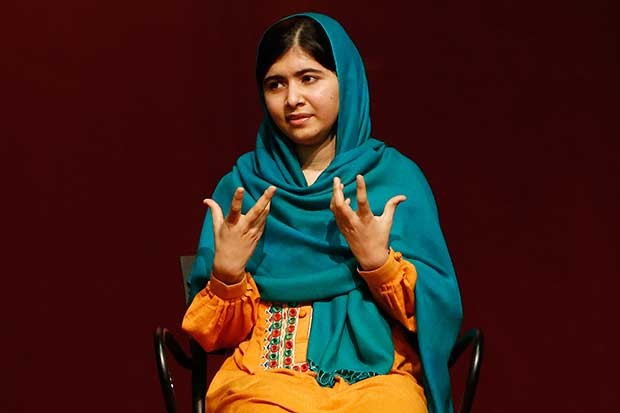On Friday, October 11th, the Nobel Peace Prize was awarded to The Chemical Weapons Watchdog Organization, as opposed to the media-determined front-runner of the prize, Malala Yousafzai. Despite failing to receive the award, Malala still remains a monumental figure for education and women’s rights in Pakistan. Since age eleven, Malala has been advocating for these issues and has gained increasing recognition as she galvanizes a new-found generational emphasis on human rights in the region. While Malala dissented against the Taliban’s Authoritarian rule, she was noticed by many other human rights advocates in the world. Desmond Tutu awarded her the International Children’s Peace Prize in 2011, and she won the National Youth Peace Prize just two months after, verifying her growing influence on public affairs.
As she became more recognized in the international community, Malala started receiving death threats from the Taliban. Then on October 9, 2012 while traveling, she was shot in the head on a bus by a member of the Taliban. For months after, she has been recovering from her critical wound Despite this, Malala was strong enough to withstand her wound and left the hospital early during January of 2013. Despite the death threats and the assassination attempt, Malala has persevered and continued espousing equal educational opportunities for women whose progress been obstructed by cultural and religious barriers.
Since the shooting, Yousafzai has appeared on the Daily Show, written a book, and received the Sakharov Prize, previously won by Nelson Mandela. The Taliban has become even more infuriated due to this, and regardless of the death threats Malala is still receiving from them, she remains indifferent. As exemplified by her response on the Daily Show, after her father told her to hit a Talib with a shoe, Malala adheres to Gandhi’s creed of nonviolence: “If you hit a Talib with a shoe, then there would be no difference between you and the Talib. You must not treat others with cruelty, but fight through peace, dialogue, and education.”
Recently, Malala once again appeared in an interview on BBC news; she was asked about how she felt about the criticism she was receiving from anti-Western Pakistanis. Many Pakistanis believe that Malala is a mere puppet of the West, and that she serves no purpose for improving Pakistan’s recognition of human rights. She replied by stating that “Education is not a Western or Eastern thing. Education is Education; it’s the right of everyone.” Malala also released details of her new foundation that will give aide and support to people in the war torn countries of Syria, Pakistan, and Afghanistan. Malala’s efforts for progress in her country has deeply affected not only Pakistan, but also the global agenda. She has changed much in her home country, and will continue to do so for years to come.


